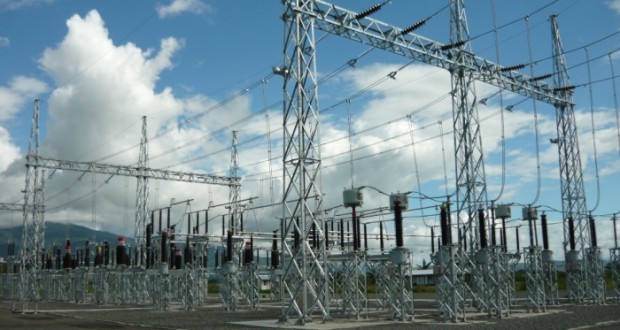Ghana boosts power generation capacity with new power purchase agreements
This forward-looking move, designed to bolster power generation capacity by approximately 720 megawatts (MW), is underpinned by the government’s commitment to prudence, efficiency, and a revamped framework. Dr. Prempeh emphasized the significance of these agreements within a context of heightened efficiency, distinguishing them from earlier arrangements.
Ghana’s energy landscape is set for a substantial expansion as the government, led by Minister of Energy Dr. Matthew Opoku Prempeh, announces the signing of two pivotal Power Purchasing Agreements (PPAs). The agreements, inked with AKSA in Tema (370MW) and AKSA in Kumasi (350MW), mark a strategic departure from the traditional “Take or Pay” arrangement, aligning with a new PPA policy.
This forward-looking move, designed to bolster power generation capacity by approximately 720 megawatts (MW), is underpinned by the government’s commitment to prudence, efficiency, and a revamped framework. Dr. Prempeh emphasized the significance of these agreements within a context of heightened efficiency, distinguishing them from earlier arrangements.
The minister elucidated on broader initiatives within the power sector, revealing plans for the conversion of thermal plants to combined cycles, retrofitting existing facilities, and augmenting the share of renewable energy in the generation mix. Notable among ongoing projects are the ambitious 100MW Solar Photovoltaic (PV) development underway at Bui and the completion of the continent’s largest floating PV, a five-megawatt installation on the Bui Reservoir.
Addressing challenges in the power transmission sector, Dr. Prempeh outlined a comprehensive strategy, encompassing projects aimed at mitigating congested networks, infrastructure overages, and right-of-way encroachments. He also provided updates on completed projects and highlighted feasibility studies for new substations.
In the petroleum downstream sector, the minister acknowledged global price fluctuations and excess forex demand affecting petroleum product imports, resulting in increased pump prices. However, he underscored the government’s adept negotiations and the implementation of the Gold for Oil policy, which have effectively managed forex exposure on entities such as BOST and BDCs.
Dr. Matthew Opoku Prempeh delivered these crucial updates during the weekly Minister’s Briefing organized by the Ministry of Information in Accra. The announcements reflect Ghana’s strategic push for a more robust and sustainable energy infrastructure, aligning with global trends and national priorities.
Source:norvanreports


